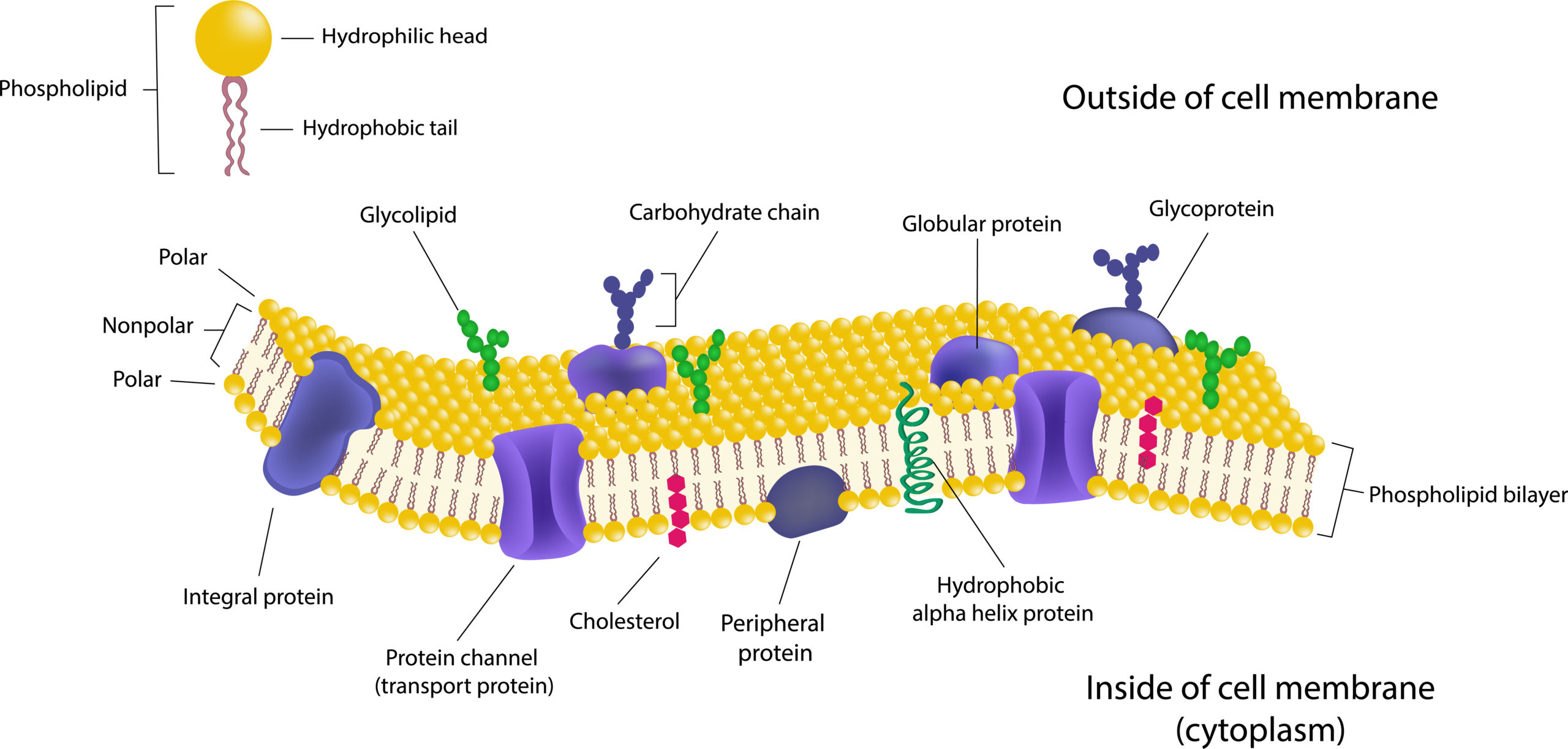Our staff is often asked, “Why is a frozen icepack necessary for sample shipments?” The short answer is that test results are less reliable when samples experience temperature fluctuations in transit. Here’s the long answer…
Galaxy Diagnostics currently offers two types of diagnostic testing for flea- and tick-borne pathogens: molecular and serology. Molecular assays, such as PCR, rely on the detection of DNA in blood, tissue or fluid samples. The Galaxy Diagnostics Bartonella ePCR detects DNA like standard PCR does, but it requires that there be live bacteria present for the additional patented BAPGM culturing step to be effective. Serology tests, like the Bartonella IFA or Lyme disease two-tier testing, detect antibodies that are present in the patient’s blood serum. Each target for these tests is sensitive to variations in temperature due to changes that occur at the molecular level.
Bacteria Survival
You probably know that you need to cook certain meat products to a target temperature to make them safe to eat. Unlike the probiotic microbes found in yogurt that help contribute to a healthy gut microbiome, there are pathogenic bacteria that populate raw meat and cause damage to our digestive systems. For example, salmonellosis is a food-borne illness caused by Salmonella species that affects about 1.35 million people each year in the United States according to the CDC. Cooking meat at a high temperature effectively kills off Salmonella species, keeping us healthy.
Despite being a positive attribute for cooking safety and reducing transmission, pathogenic bacteria’s inability to adapt to extreme temperature changes is a disadvantage for diagnostic testing purposes. Bacteria structural and metabolic functions are negatively affected by temperature stress that may occur during transit to the laboratory.
The plasma membrane is an example of an important component that is affected by temperature variations. These semi-permeable structures are designed to provide protection from harmful toxins, allow cellular communication, and selectively allow nutrients in. They are primarily composed of proteins that act as gatekeepers and phospholipids that contribute to the fluidity of the membrane. This fluidity is important for maintaining structural integrity during small temperature changes. However, there is a limit to how much the membranes can be modified depending on the species of bacteria in question. The membrane will be permanently damaged and cell death will occur if temperatures change too much.

DNA
The quality of deoxyribonucleic acid (DNA) is negatively affected by being at room temperature or higher due to degradation caused by enzymes that are normally present in samples. DNA will break down over time as a sample sits at room temperature, which is why it is recommended to get samples to the lab as soon as possible. However, this gradual breakdown of DNA can be slowed down by placing the samples at a cool temperature due to a decrease in the rate of enzymatic reactions. By slowing down the speed of the reactions, any intact DNA can remain in the sample longer.
Antibodies (Proteins)
As discussed in our host response blog post, antibodies are proteins created by the immune system to eliminate current infections and help defend against future ones. Antibodies are effective because they are highly specific to certain antigens that are present on the surface of the pathogen. Serology testing relies on this high specificity for accurate results. However, temperature fluctuations can alter the unique structure of proteins and lead to invalid results.

The building blocks of every protein are strands of amino acids linked together. These molecules determine how the strands will fold to form a protein due to biochemical interactions between them and other chains of amino acids. This is ultimately what gives antibodies (and other proteins) their unique shapes. Although some protein interactions are resistant to environmental factors, “weak” interactions, such as hydrogen bonds and Van der Waal forces, are interrupted by temperature changes. This can cause the proteins to fold improperly and give them a shape that will not match their typical target. Furthermore, if the temperature is high enough or fluctuates too much, the bonds can break down completely and cause denaturation (destruction of the protein entirely). Once denatured, a protein cannot return to its normal shape.
Conclusion
Culturing bacterial pathogens, testing their DNA and testing for antibodies all require high-quality samples. One way to ensure that a sample is high-quality is to ensure the sample was shipped at a controlled temperature. When the weather is hot, controlling the temperature during shipping becomes even more important.
References
Scallan, E. et al. (2011). Foodborne illness acquired in the United States – Major pathogens. Emerging Infectious Diseases, 17(1) 7-15. doi:10.3201/eid1701.p11101 https://wwwnc.cdc.gov/eid/article/17/1/p1-1101_article
Siliakus, M. F. et al. (2017). Adaptations of archaeal and bacterial membranes to variations in temperature, pH and pressure. Extremophiles, 21(4), 651-670. doi:10.1007/s00792-017-0939-x https://www.ncbi.nlm.nih.gov/pmc/articles/PMC5487899/
Minnick, M. F., & Anderson, B. E. (2015). Bartonella. In: Molecular Medical Microbiology (2nd ed., Ch. 105, pp. 1911-1939. doi:10.1016/B978-0-12-397-169-2.00105-0 Available at https://www.sciencedirect.com/science/article/pii/B9780123971692001050
Lynch, T. et al. (2011). Combining culture techniques for Bartonella: The best of both worlds. Journal of Clinical Microbiology, 49(4), 1363-1368. doi:10.1128/JCM.02403-10 https://www.ncbi.nlm.nih.gov/pmc/articles/PMC3122786/
Reverberi, R., & Reverberi, L. (2007). Factors affecting the antigen-antibody reaction. Blood Transfusion, 5(4), 227-240. doi:10.2450/2007.0047/07 https://www.ncbi.nlm.nih.gov/pmc/articles/PMC2581910/
Huang, L-H., et al. (2017). The effects of storage temperature and duration of blood samples on DNA and RNA qualities. PLOS One. doi:10.1371/journal.pone.0184692 https://journals.plos.org/plosone/article?id=10.1371/journal.pone.0184692


